Faculty
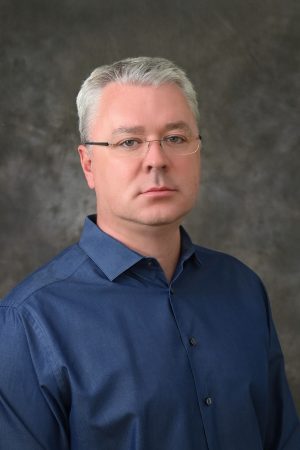
Kirill Afonin, Ph.D.
Education: M.S.: Saint Petersburg State University Ph.D.: Bowling Green State University Post-doc: (NIH Research Fellow) National Institutes of Health; (Postdoctoral Fellow) University of California Santa Barbara Field of Interest: RNA Nanobiology and Drug Delivery Research Focus: Dr. Afonin’s Research Site My expertise is in computational and experimental RNA biology. Nucleic acids, including both DNA and […]
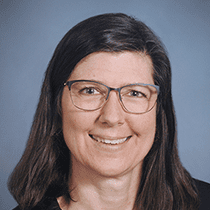
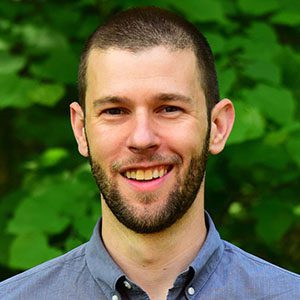
Christopher Bejger, Ph.D.
Education: B.S.: University of Oregon Ph.D: The University of Texas at Austin Post-doc: Columbia University Field of Interest: Organic/Inorganic/Materials Chemistry Research Focus: Research in the Bejger group is focused on the design, synthesis, and assembly of molecular clusters for energy applications. The chemical and electronic structures of molecular clusters can be modified synthetically; this allows […]

Theresa Black, M.S.
Army Veteran Education: B.S. in Biochemistry from Albright College M.S. in Chemistry from UNC Charlotte
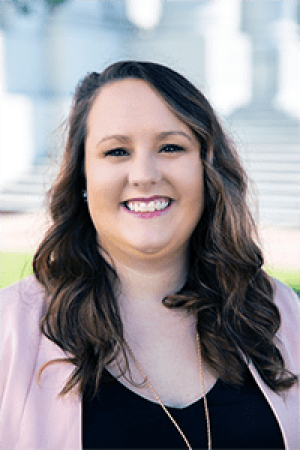
Laura Casto-Boggess, Ph.D.
Education & Training: B.S. Chemistry & Mathematics, West Virginia Wesleyan College Ph.D. Analytical Chemistry, University of Tennessee, Knoxville Postdoctoral Scholar, University of California, Berkeley Postdoctoral Fellow, West Virginia University Field of Interests: Analytical Chemistry, Microfluidics, Capillary Electrophoresis, Measurement Science, Astrobiology Dr. Casto-Boggess’ research interests are at the interface of measurement science, engineering, planetary science, and […]
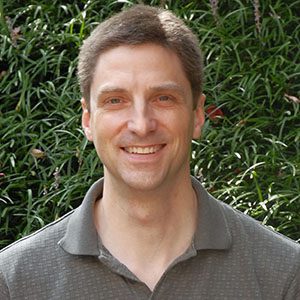
Brian T. Cooper, Ph.D.
Educaton: B.S.: Purdue University Ph.D.: University of Arizona Post-doc: (NIH Fellow) Iowa State University ORAU Junior Faculty Enhancement Award NSF Faculty Early Career Development (CAREER) Award Field of Interest: Analytical Chemistry Bioanalytical Chemistry — protein analysis by: capillary/channel electrophoresis; ultrasensitive fluorescence detection and imaging; electrospray and MALDI mass spectrometry. Research Focus: My research group primarily […]
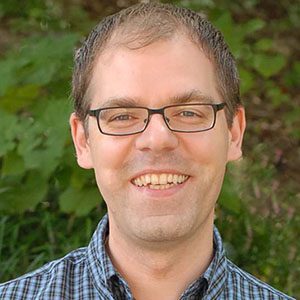
Markus Etzkorn, Ph.D.
Education: Pre-diploma: University of Freiburg (Germany) Diploma: University of Feriburg (Germany) Dr. rer. nat. (Ph. D.): University of Freiburg (Germany) Postdoc: USC – Loker Hydrocarbon Research Institute Field of Interest: Organic Chemistry Research Focus: a) The Etzkorn group targets fluorinated molecular tweezers of different molecular architecture in a convergent approach from various tether scaffolds and […]
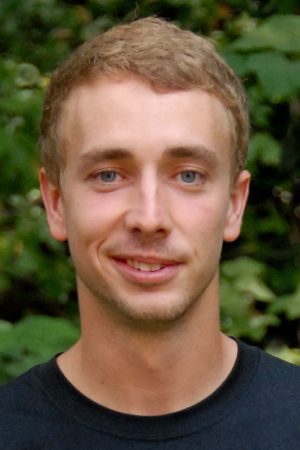
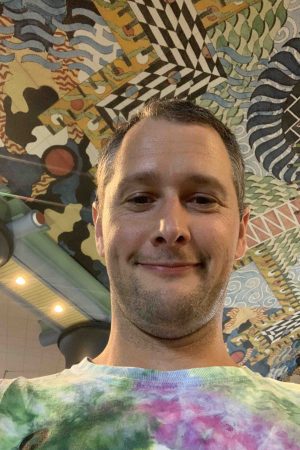
Jay Foley, Ph.D.
Education: B.S. (Chemistry, with High Honors): Georgia Institute of Technology M.S. (Chemistry): University of Chicago Ph.D. (Chemistry): University of Chicago Postdoc: Center for Nanoscale Materials, Argonne National Lab Field of Interest: Physical Chemistry Research Focus: Dr. Foley is a theoretical physical chemist with an interest in light-matter interactions in nanoscale and molecular systems. Teaching: Dr. […]
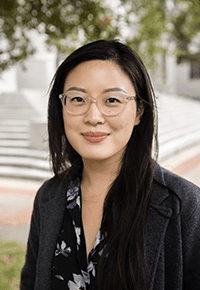
Eva Ge, Ph.D.
Education & Training: B.A. Chemistry and Chemical Biology, Cornell University Ph.D. Chemistry, Princeton University Postdoctoral Scholar, University of California Berkeley Fields of interest: Bioinorganic chemistry, chemical biology, peptide and protein chemistry, enzymology Research focus: The Ge group is interested in the chemistry and biology of modified proteins, specifically the crosstalk between covalent protein posttranslational modifications […]